Unmanned Aerial Vehicles (UAVs), commonly referred to as drones, have rapidly evolved from military tools into crucial components of global surveillance and monitoring systems. As of 2023, the global UAV market was valued at approximately USD 30.6 billion, with projections reaching USD 68.9 billion by 2028, representing a CAGR of over 16.2%. The surveillance segment alone constitutes a significant portion of this growth, driven by rising demand in defense, border control, infrastructure inspection, agriculture, and environmental monitoring.
Countries like the United States, China, and Israel lead UAV development, deploying fleets for border surveillance, disaster response, urban monitoring, and intelligence gathering. The United States, for instance, has more than 11,000 drones registered for commercial surveillance use. Meanwhile, in Africa, the adoption of UAVs is gaining momentum as governments and the private sector realize their transformative potential. From monitoring deforestation in the Congo Basin to delivering medical supplies in Rwanda, drones are no longer futuristic—they are present-day enablers of development.
South Africa stands out as a technological leader, boasting a sophisticated civil aviation framework, a proactive private sector, and pressing national needs, including anti-poaching operations, border control, and the security of critical infrastructure. UAVs are becoming indispensable. South Africa is not only importing drone technology but also developing indigenous capabilities. This dual approach positions the nation as a beacon of innovation in UAV surveillance across the continent.
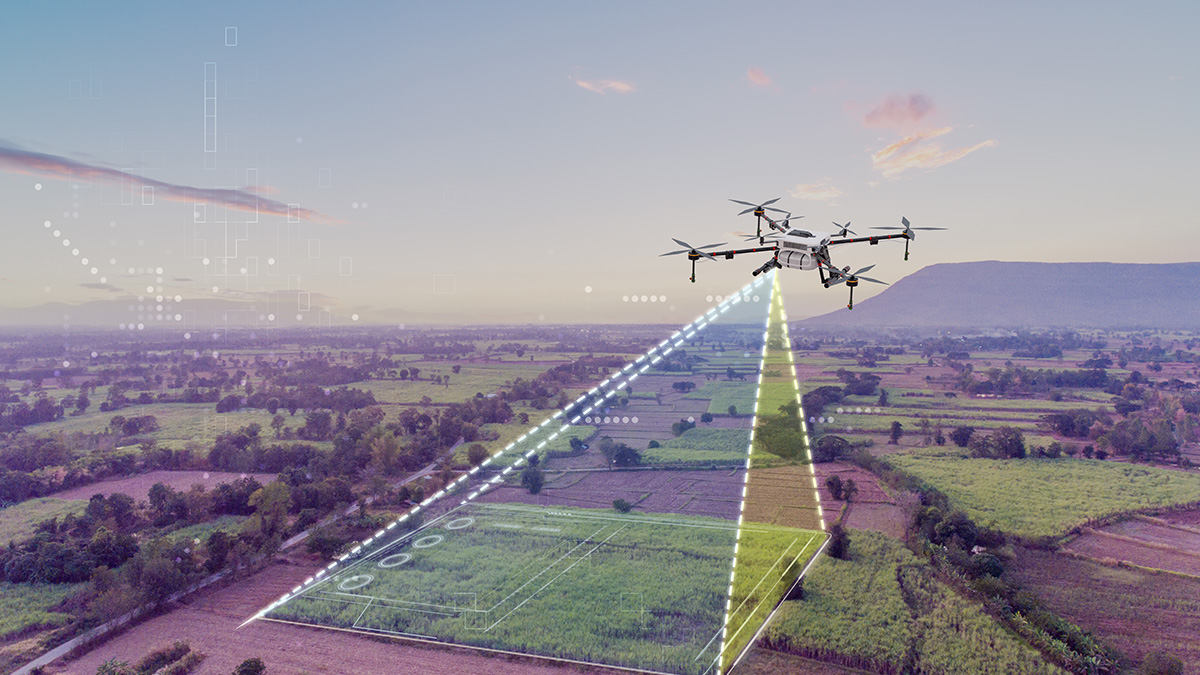
A Strong Regulatory Foundation for UAV Integration
One of the key reasons South Africa has emerged as a continental leader in UAV surveillance technology is its robust and forward-thinking regulatory environment. In 2015, South Africa became the first African country to introduce comprehensive drone regulations, placing it well ahead of many of its regional counterparts. These regulations are governed by Part 101 of the Civil Aviation Regulations (CARs), administered by the South African Civil Aviation Authority (SACAA). This framework was designed to ensure the safe, legal, and effective integration of Unmanned Aerial Vehicles (UAVs) into national airspace. The regulations encompass a wide range of operational aspects, including pilot licensing, drone classification, flight permissions, airworthiness requirements, and operational limitations. Commercial drone operators are required to obtain a Remote Operator Certificate (ROC), ensuring that only qualified entities are allowed to deploy drones for surveillance and related activities. In addition, Remote Pilot Licences (RPLs) are mandatory for individuals, and organizations must meet strict standards on safety, training, and flight documentation.
This regulatory clarity has given confidence to businesses, conservation agencies, and security firms, enabling them to invest in drone technology without the ambiguity that plagues many other jurisdictions in Africa. As of 2024, the SACAA had issued over 1,000 ROCs and several thousand RPLs, supporting a growing drone industry that spans micro-startups to multinational corporations. Furthermore, the SACAA regularly updates its policies in line with global aviation trends and emerging technologies such as autonomous flight systems and AI-based surveillance platforms. Public-private dialogues, drone stakeholder forums, and aviation safety workshops have contributed to a participatory regulatory culture, fostering innovation while maintaining public safety.
Ultimately, this robust regulatory foundation has not only enabled widespread adoption of UAVs in surveillance but also paved the way for drone-driven solutions in agriculture, logistics, and environmental monitoring, making South Africa a model for drone governance in the Global South.
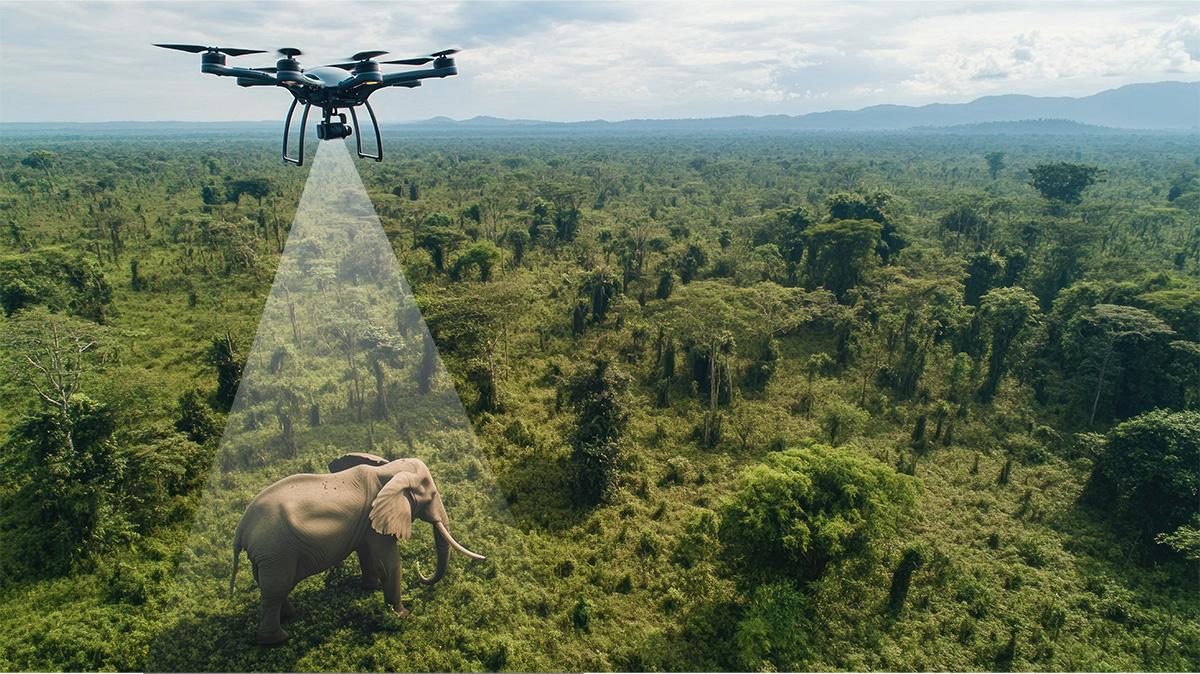
Security, Conservation, and Critical Infrastructure: Where Drones Are Making a Difference
UAV surveillance technology in South Africa is being deployed in three high-priority sectors:
- Wildlife Conservation: Drones are used in Kruger National Park and other reserves to monitor endangered species and deter poachers. The WWF-supported Air Shepherd Program utilizes night-vision UAVs to patrol vast wilderness areas, resulting in a reduction of up to 60% in poaching incidents in certain regions.
- Border and Coastal Surveillance: With over 2,500 kilometers of land borders and 2,798 kilometers of coastline, monitoring is a significant challenge. UAVs assist in detecting illegal crossings, human trafficking, and maritime crime.
- Infrastructure Monitoring: Eskom and Transnet use drones for surveillance of power lines, railways, and ports. This improves efficiency, reduces risk to human inspectors, and prevents vandalism or theft.
Local Innovation and Industry Growth
South Africa is not just adopting UAV technology—it is actively building a homegrown drone ecosystem that is reshaping the surveillance landscape. Local startups, training academies, and research institutions are driving innovation tailored to African contexts, from security to environmental monitoring. Cape Town-based Aerobotics is a leader in drone analytics, initially focused on agriculture but now expanding into environmental surveillance with AI-driven insights. UAV Industries, another key player, offers both drone services and accredited pilot training, aligning with SACAA regulations, which helps to professionalize the sector. Drone Guards specializes in security and infrastructure surveillance, deploying drones with infrared and GPS capabilities for estate monitoring, events, and industrial sites. These solutions are particularly valuable in areas with limited traditional surveillance infrastructure.
Academic institutions, such as the University of Cape Town, Stellenbosch University, and the CSIR (Council for Scientific and Industrial Research), are advancing UAV research in areas including autonomous navigation, object recognition, and swarm surveillance. Their work supports both private-sector innovation and public-sector adoption. Additionally, the rise of drone training academies in cities like Johannesburg and Durban is cultivating a skilled workforce, ensuring safe and compliant UAV operations. These centers are crucial for expanding drone accessibility across industries. South Africa’s UAV industry is also contributing to job creation, local manufacturing, and cross-sector growth. With strong regulatory support and a growing talent pool, the country is positioning itself as a regional leader in UAV innovation, offering scalable surveillance solutions suited to the continent’s diverse needs.
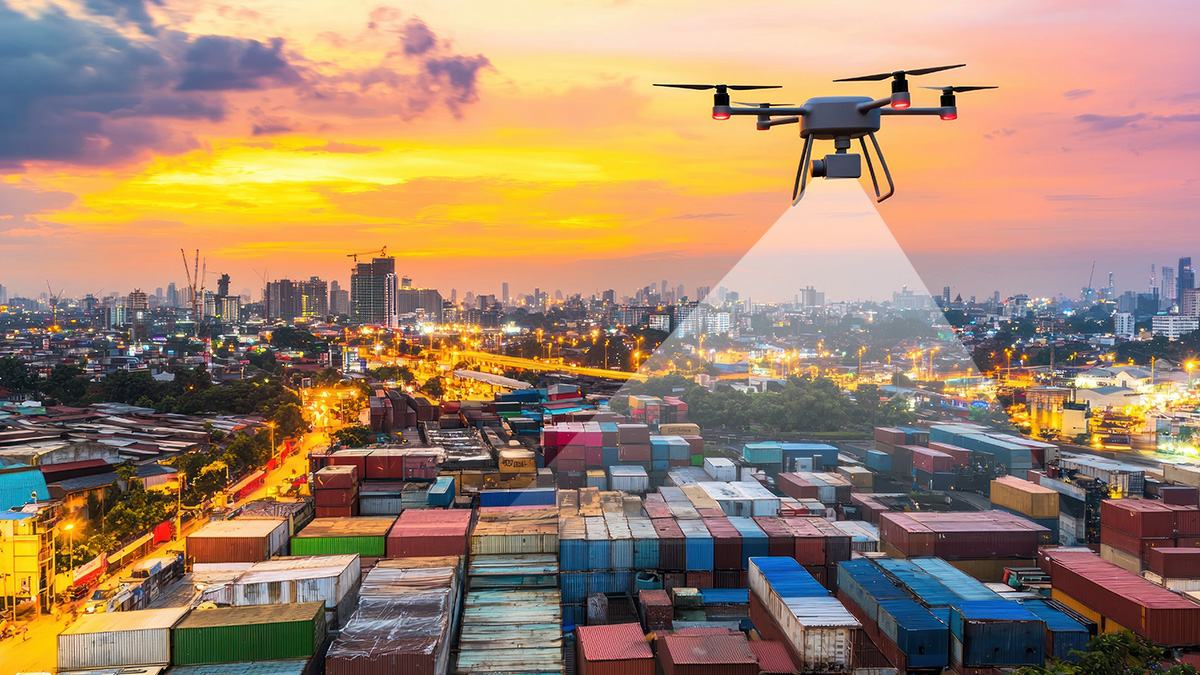
The Road Ahead: Expanding Skies and Strategic Vision
As UAV technology continues to evolve, South Africa stands at a pivotal moment to leverage drones for national development and regional leadership. The integration of advanced features, including AI-powered analytics, real-time data transmission, thermal imaging, and 5G connectivity, will enable UAVs to play a larger role in areas beyond traditional surveillance, such as smart city management, disaster response, crime prevention, and environmental monitoring. Government agencies are exploring the use of UAVs for early warning systems during floods, fire detection in informal settlements, and infrastructure resilience assessment, particularly in the context of climate change. Meanwhile, private companies are investing in autonomous drone fleets capable of 24/7 patrols, rapid response deployments, and aerial mapping for urban development.
However, as drone usage expands, so do concerns around data privacy, cybersecurity, and airspace congestion. Ensuring a balance between innovation and regulation will be crucial. Strengthening public trust, enhancing enforcement capabilities, and promoting ethical usage will define the sustainability of UAV surveillance in the years ahead. With its strong regulatory framework, growing talent pool, and commitment to innovation, South Africa is well-positioned to become Africa’s UAV surveillance hub, offering not only cutting-edge solutions domestically but also models that can be replicated across the continent.























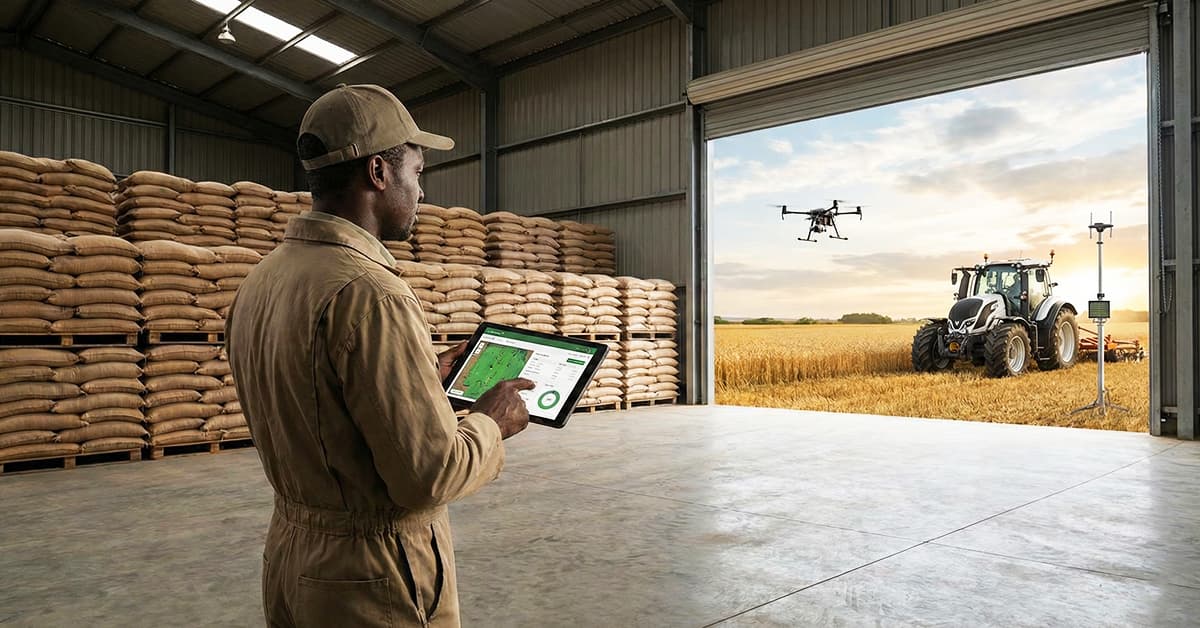


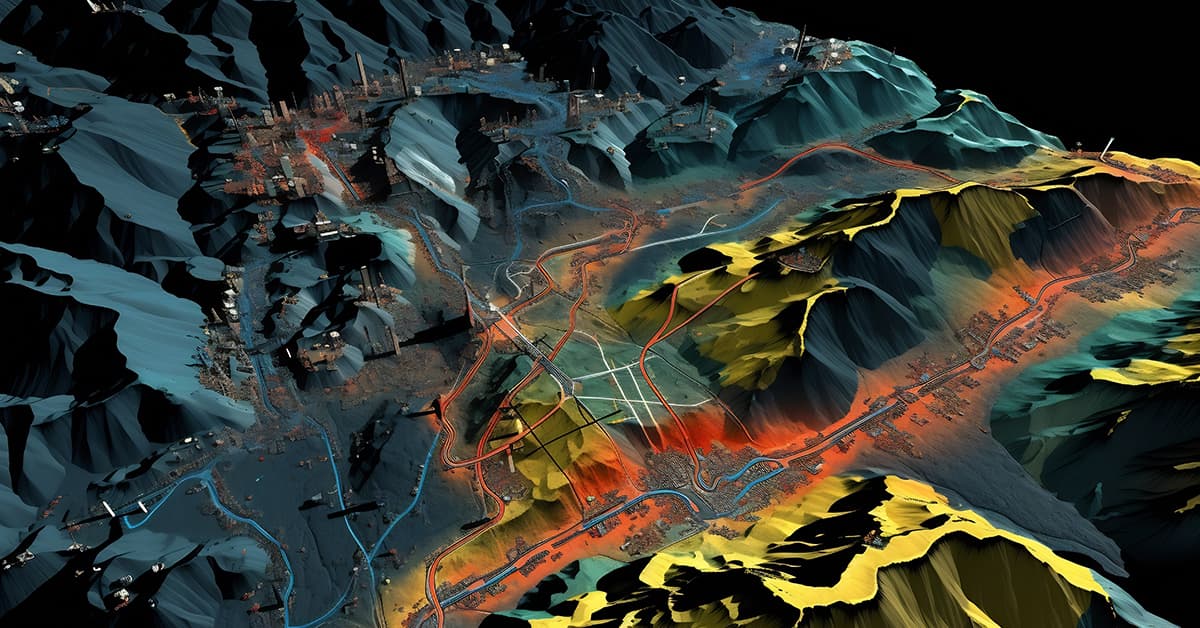













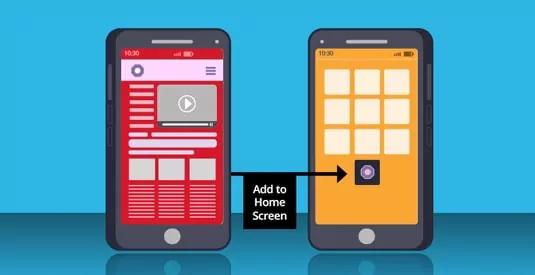

We will verify and publish your comment soon.